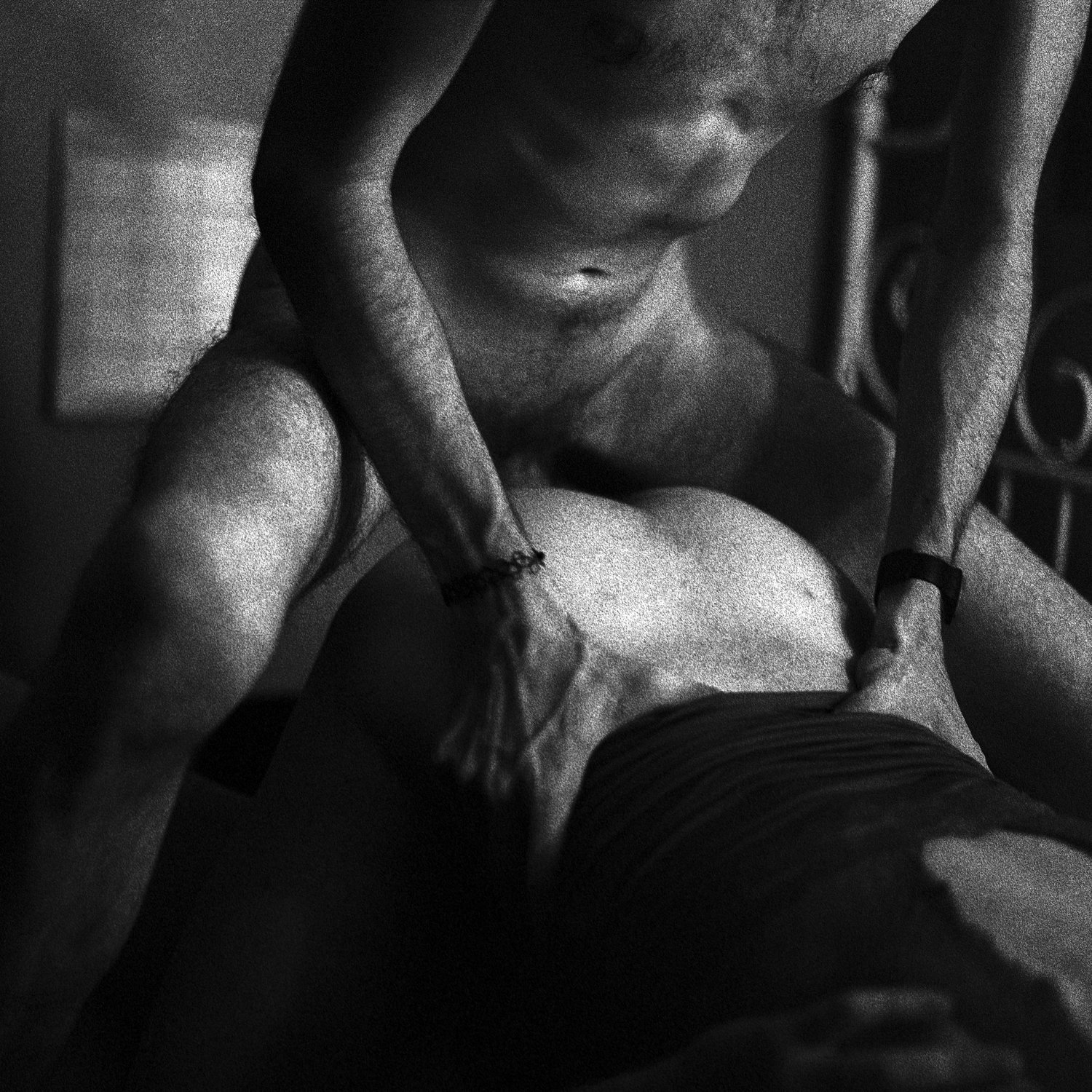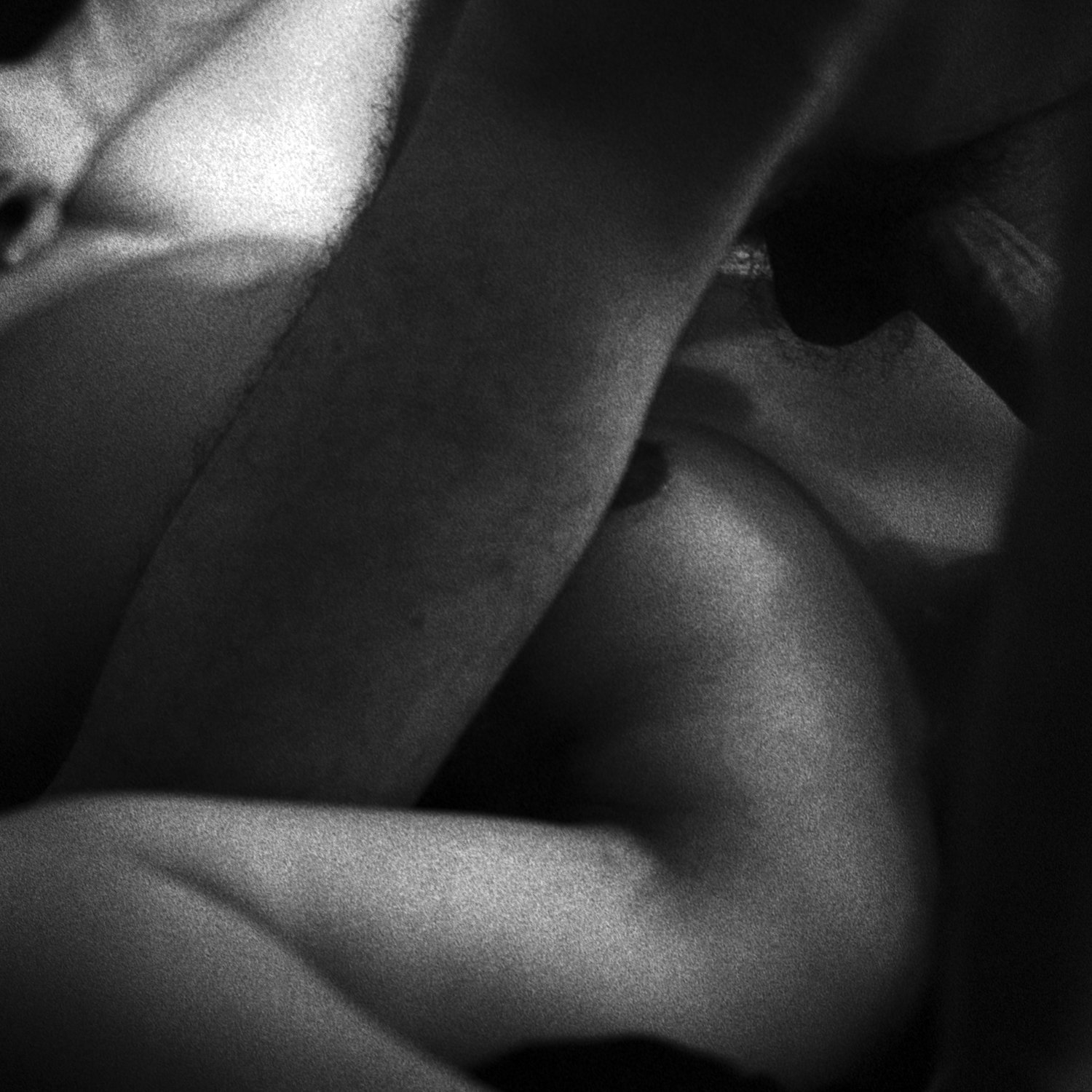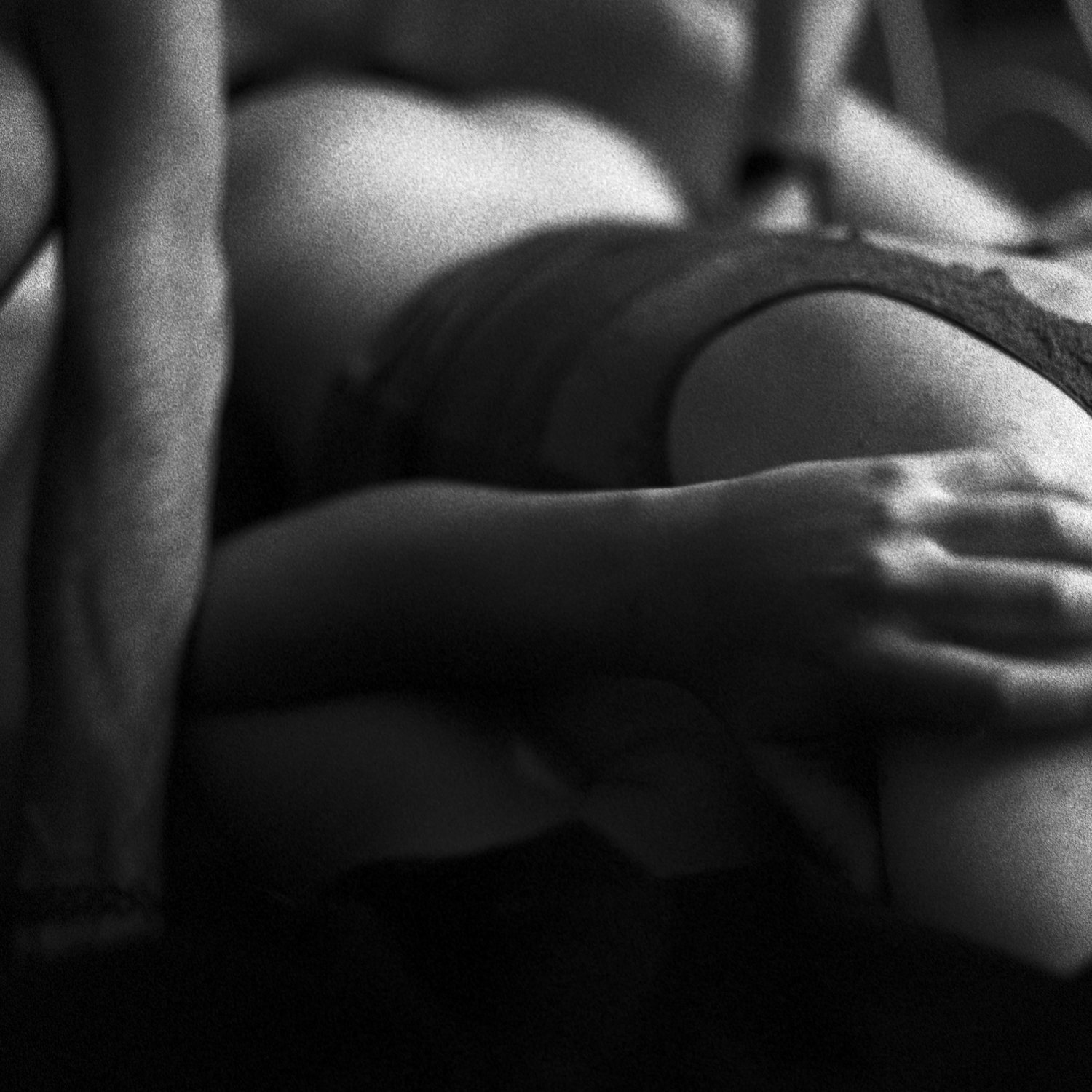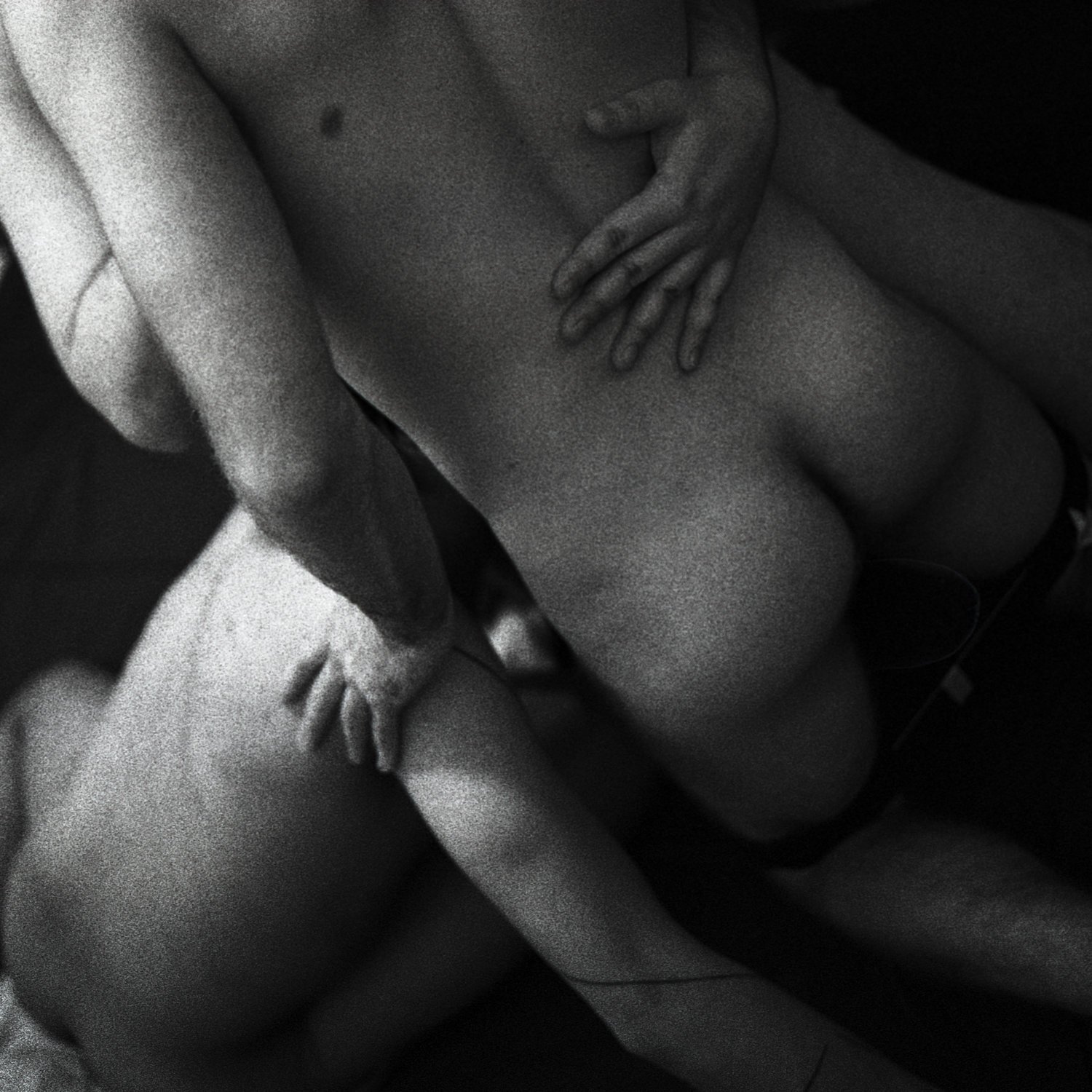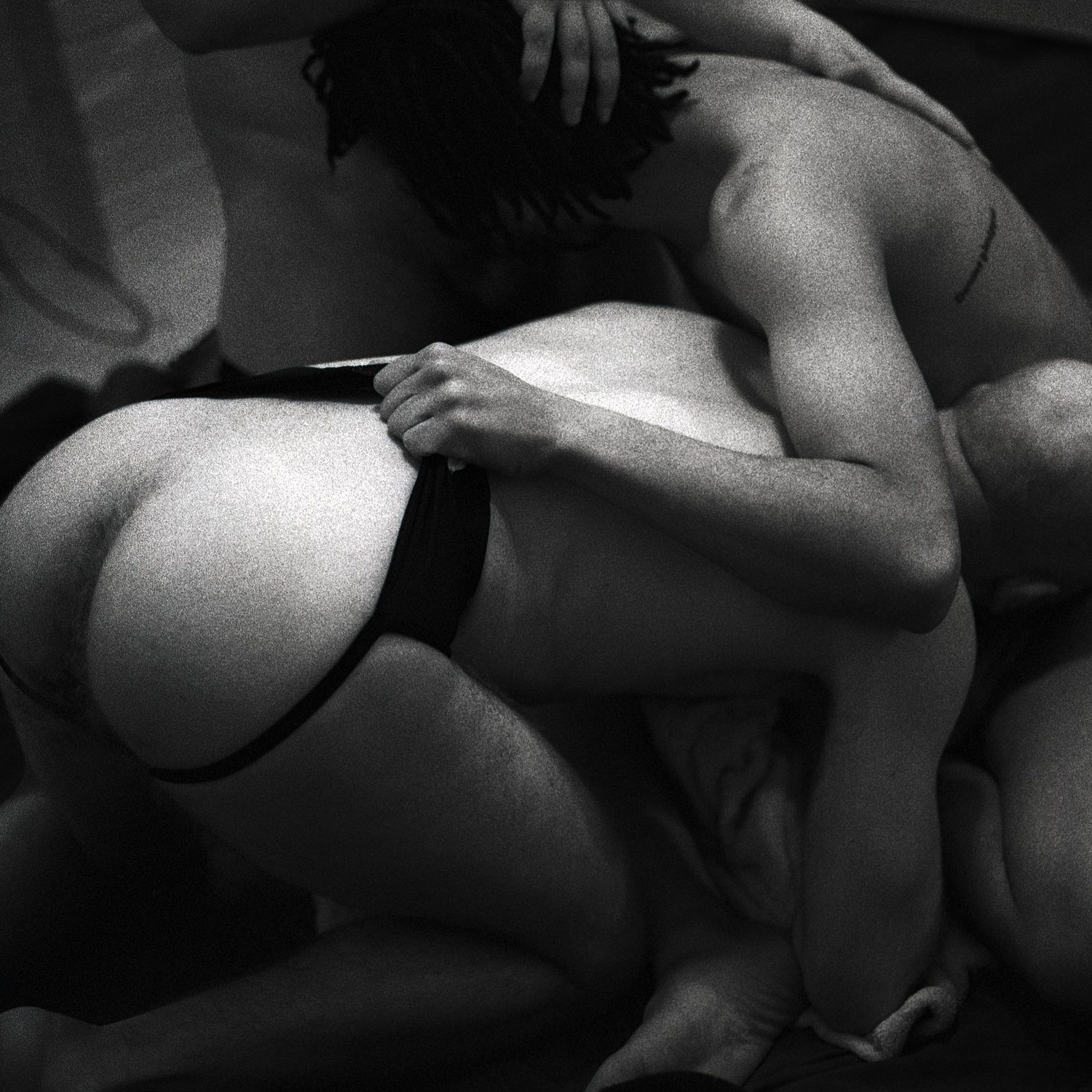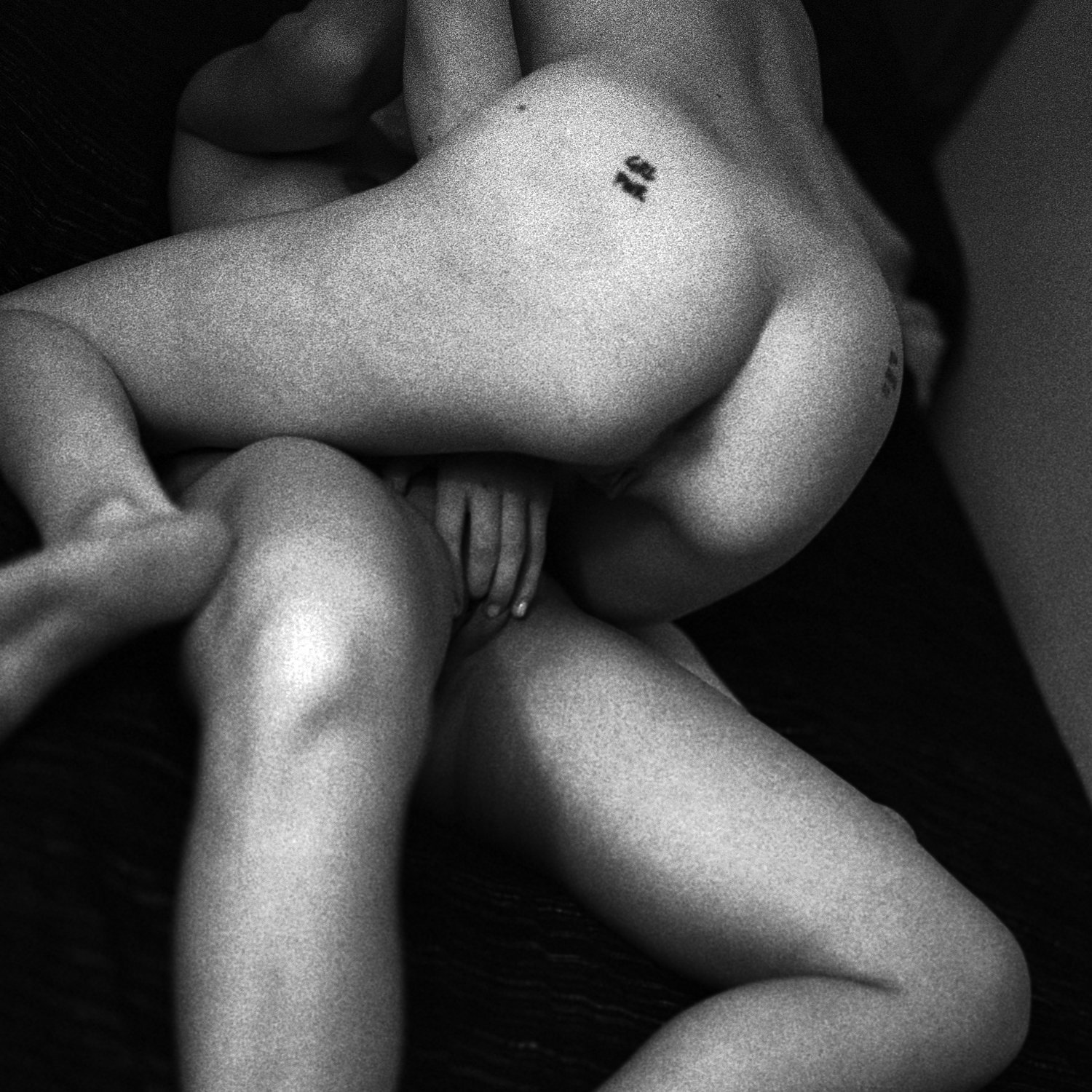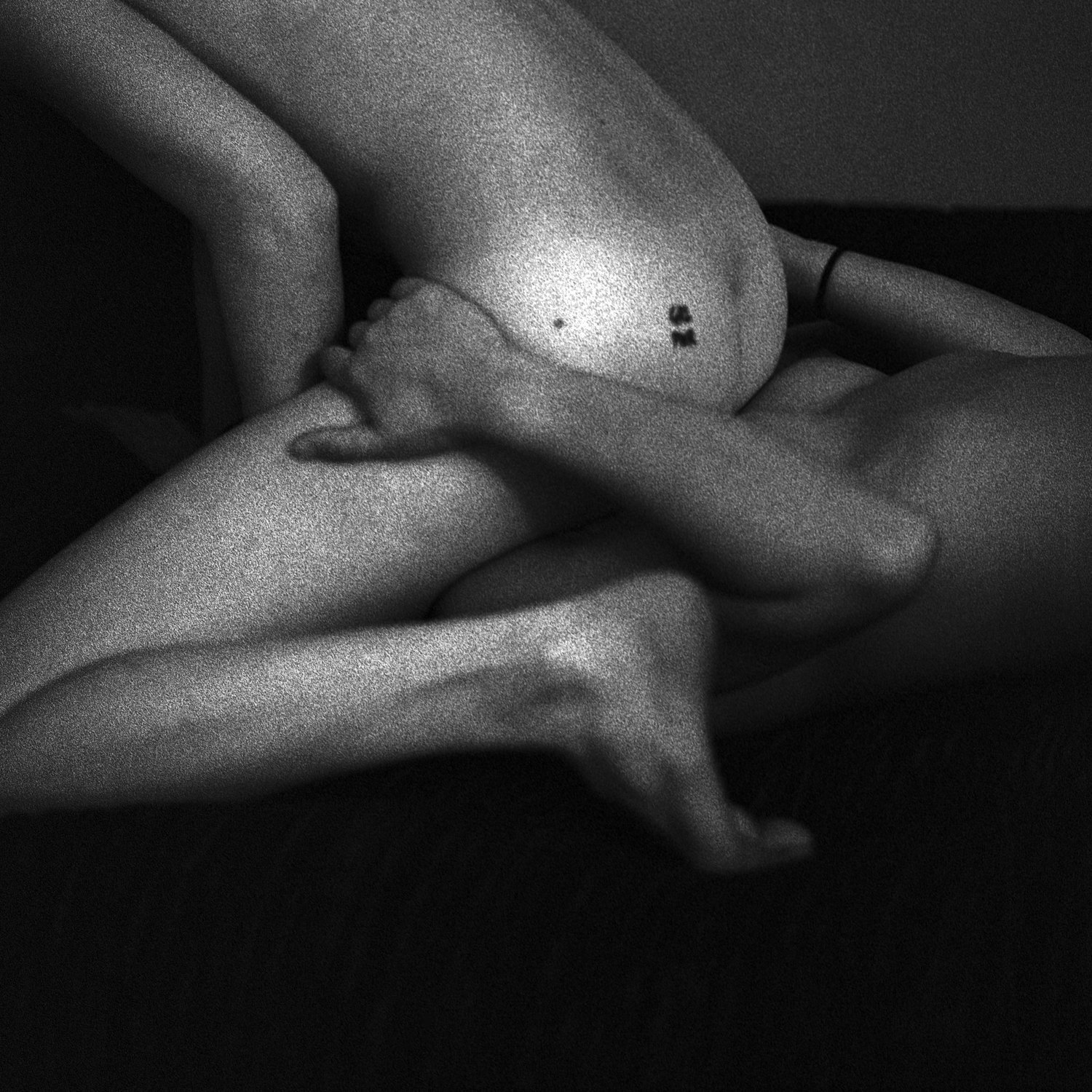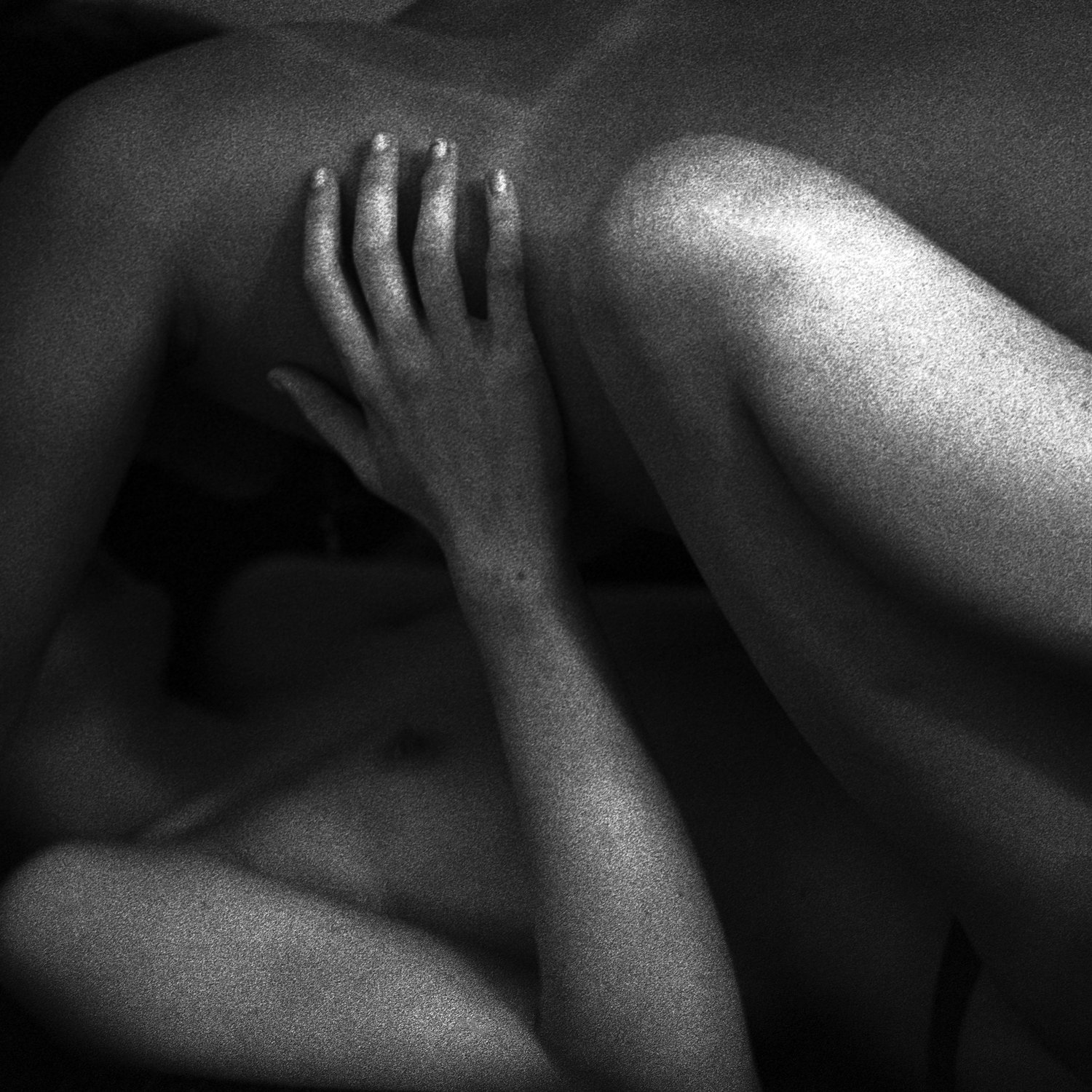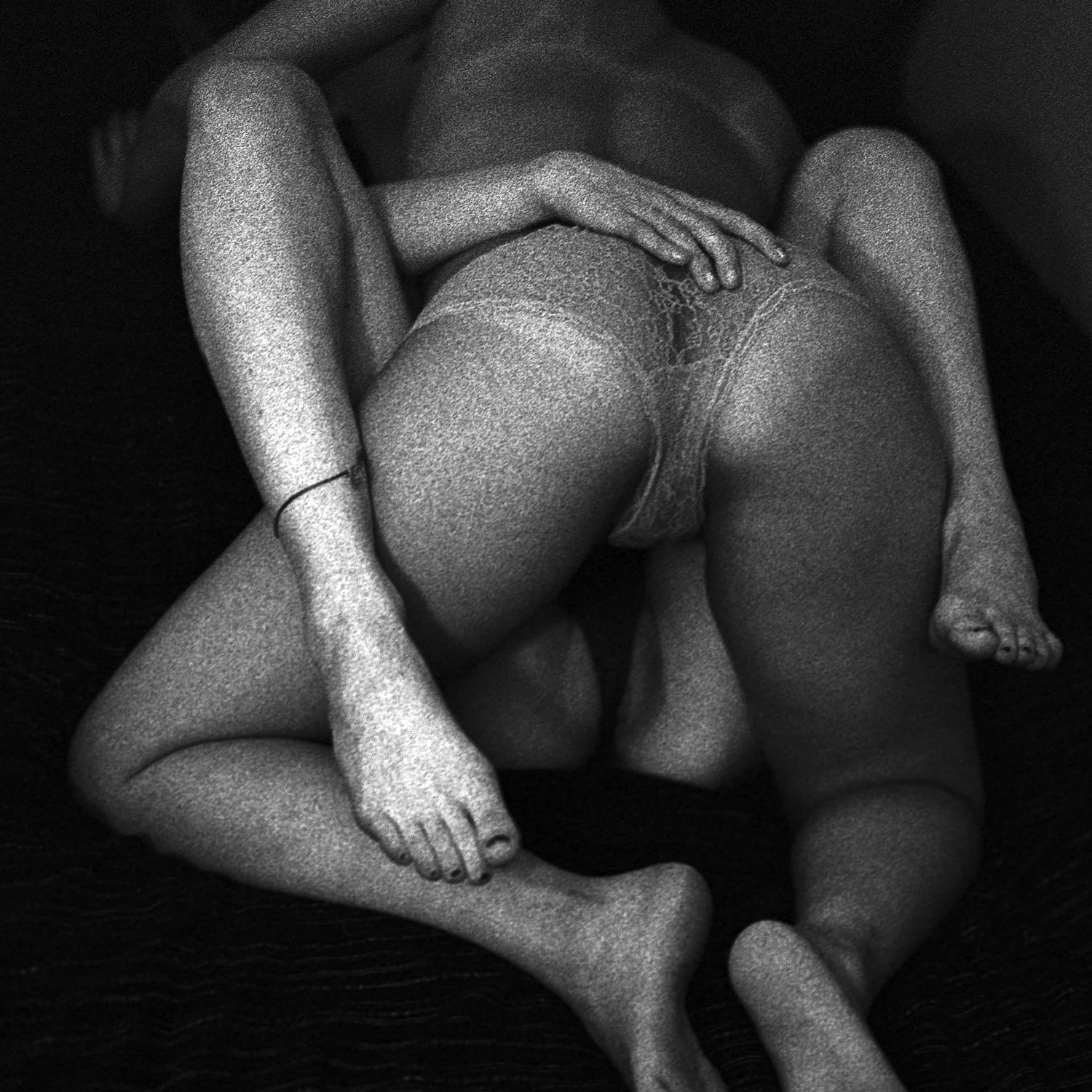FRIENDS OF DOROTHY
Discomfort is the feeling of uneasiness, anxiety, or embarrassment. When faced with the challenge of developing a senior project I wanted to push myself and force myself out of my comfort zone by doing something unlike anything I had previously done with photography. Through this project I had to approach strangers and ask them to be completely vulnerable to not only me but also my camera. I had to enter the homes of these strangers and shortly after meeting for the first time photograph them in their most intimate moments. Being in such a foreign situation, I nearly had a panic attack on the way to my first shoot. Each shoot provided its own unique reason for being uncomfortable and challenged me to confront my own discomfort with sexuality.
The title Friends of Dorothy refers to a label in reference to queer identity. The term was used as a way for queer people to identify each other without outing themselves. This was necessary in order to not make others uncomfortable with their queerness. The theme of the project was designed not only to push my artistic boundaries but to also face my anxieties relating to human sexuality. This work attempts to challenge traditional notions of the make gaze by literally representing the gaze of a young queer female who is embracing queer sexuality and sex. The fact that this body of work was denied from the exhibition only reinforces the notion that the representations of sex and sexuality that do not conform to certain traditions make people uncomfortable.
It’s easy to bury and ignore the things in life that we are uncomfortable with without digging deeper into why they make us feel the way they do. Unfortunately Loyola decided to take the easy way out and ignore their discomforts. In planning, shooting, and editing this body of work, I was not able to avoid my discomforts and sought answers within myself. I hope that others who view my work will look inward, if only briefly, and perhaps question the discomforts they may also possess in relation to queer sex and sexuality.
Friends of Dorothy was inspired partly by the work of Jill Posener and Tee Corinne both of whom dealt with censorship for depicting queer sexual relations. Jill Posener stated about her work, “If we don’t take public spaces, nobody will hear us.” I was and continue to be inspired by this quote as I struggle with censorship of something I feel is important to discuss and reflect on.
My project, entitled Friends of Dorothy - Censored, focuses on the ways cultural discomfort of queerness is handled in an institutional setting. Friends of Dorothy - Censored depicts a scrambled composite of images of people engaging in queer sex acts. The bisection of these images is on the one hand violent - bodies are cut and reconfigured, mirroring the disapproval many feel around depictions of queer sexuality. At the same time, the abstraction of these images serves to equalize the carious forms of sexuality depicted, offering the message that people of all creeds are equally entitled to their own experiences without judgement. The rearrangement abstracts the image to the point where it is not possible to see what is taking place within the images, protecting the viewer from being uncomfortable with queer sexuality and perpetuating the idea that queerness is something to need protecting from. This censored version of Friends of Dorothy serves to comfort Loyola University Chicago and the Catholic Church as a whole, both of which work to shut down queer voices due to discomfort.
